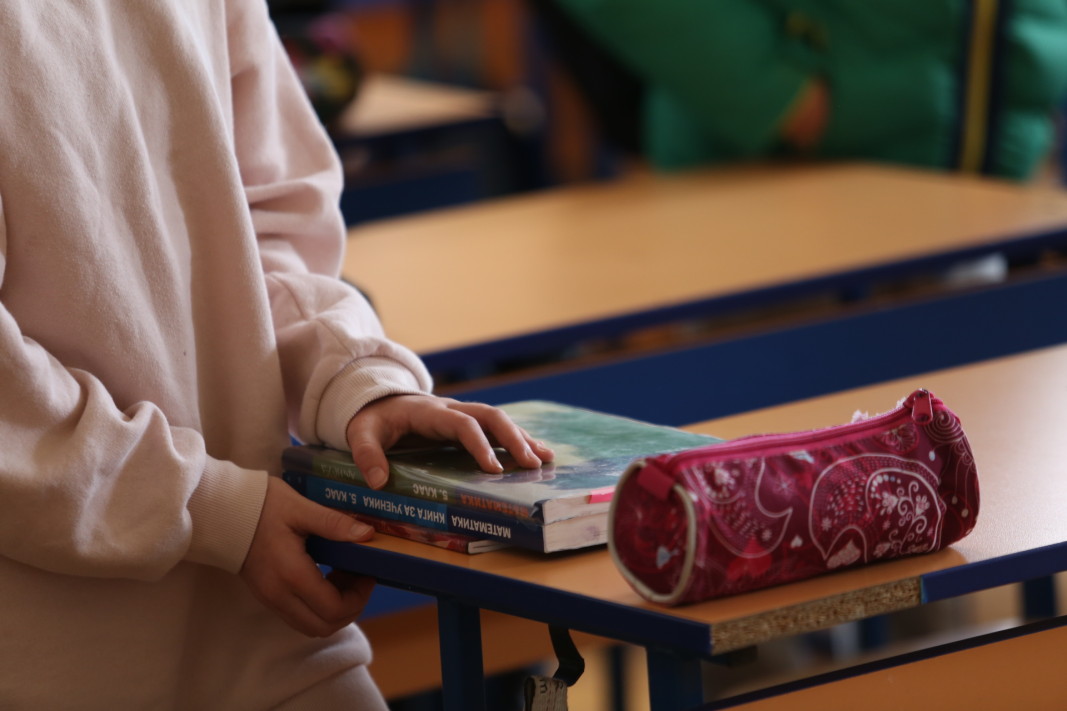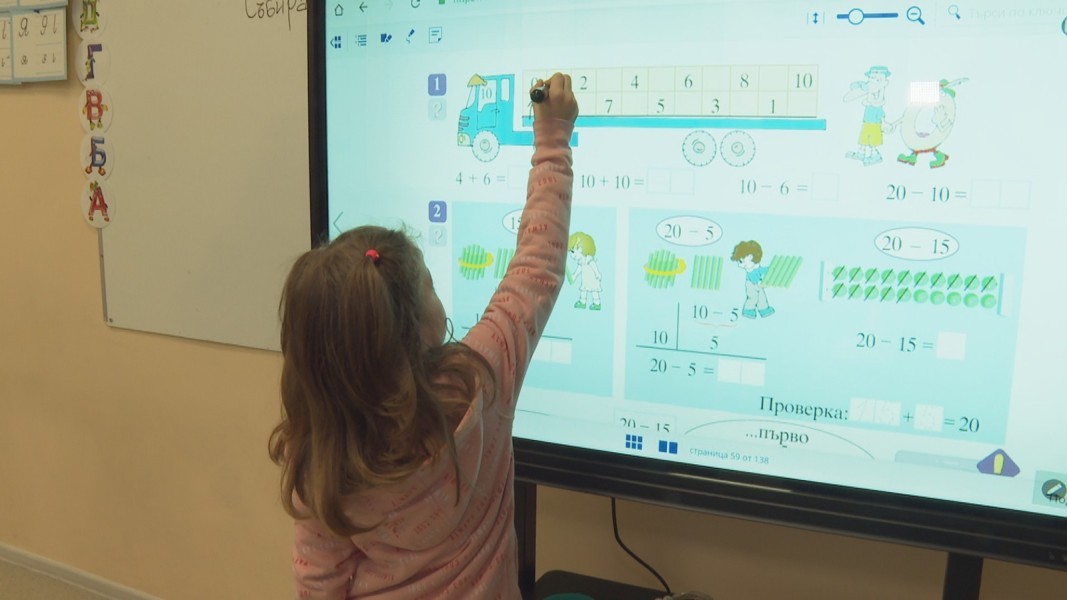Bulgarian students are seriously lagging behind their European peers, a new study warns. Just 52% of young people aged 16-19 in this country have the basic digital skills, according to the EC's Education and Training Monitor 2022. This is one of the lowest indicators in the EU, where the average level is 69%. On the other hand, Bulgarian students have the least number of classes during the year and the longest vacations in the EU.
The number of children who leave the Bulgarian education system early continues to be higher than the EU average. Just one third of Bulgarians between the age of 25 and 34 have higher education, while the average level for the European Union is 41%.
"This report has not surprised us because we have seen the same conclusions for several years in a row," Zlatka Dimitrova, an expert on educational policies in the Education Bulgaria 2030 Association, says. She adds that the alarming data have been confirmed by PISA. According to the international assessment program, almost half of Bulgarian students do not possess the most basic skills in reading comprehension, mathematics and natural sciences. "This means that the number of Bulgarian children that lag behind in these skills is twice bigger compared to the average EU level," Dimitrova says.
She says dropping out of school is a serious problem, but also points out the poor educational coverage of children of preschool age and the lack of quality teaching and learning:

"No matter whether our children spend less time in school or not, they do not receive the quality of education that children in some European countries get and this is visible from the results," Zlatka Dimitrova says. “We have always advocated that educational policies should be focused on the training of teachers, on their qualification and on their university training. At the moment it remains quite conservative and theoretical. We recommend that their training be oriented towards more practices, especially in rural areas and in schools with children of low social and economic status."
The pandemic and the shift to online learning have had a negative impact on the motivation and results of nearly 50% of Bulgarian students, according to a study by the Institute for Research in Education. But despite the public debate, reports and warnings from abroad, the Bulgarian education system has been in a dire state for years. The big number of elections, the constant change of governments and the lack of desire to take responsibility for the reforms needed in the sphere have had their impact:

"According to me, it is precisely this political chaos that leads to a standstill in the reform that was started with the introduction of a new law on preschool and school education. This reform was launched with enthusiasm and with the adoption of measures that were to be upgraded during the years. But in addition to the political instability, we see how some cabinets do not have the vision and do not share the goals of the reform, which leads to stagnation. I don't want to say whether this has an effect on the results of our students, but it is a fact that there has been a serious delay in education reforms," Zlatka Dimitrova says in conclusion.
See also:
The Bulgarian minority in Romania marked a significant event with the official opening of the Bulgarian Inn in the village of Izvoarele (Hanul Bilgarilor), Teleorman County (Southern Romania)- a locality with Bulgarian roots dating back over 200 years...
The 14th edition of DiVino.Taste, Bulgaria’s leading forum for wines and winemakers, will take place from 28 to 30 November at the Inter Expo Centre in Sofia. Over 80 producers from all wine regions will participate, offering tastings of around 600 of the..
Minutes before the second and final reading, at the parliamentary budget and finance committee, of the state budget for 2026, the leader of the biggest party represented in parliament GERB Boyko Borissov halted the procedure and sent the draft bill..

+359 2 9336 661
